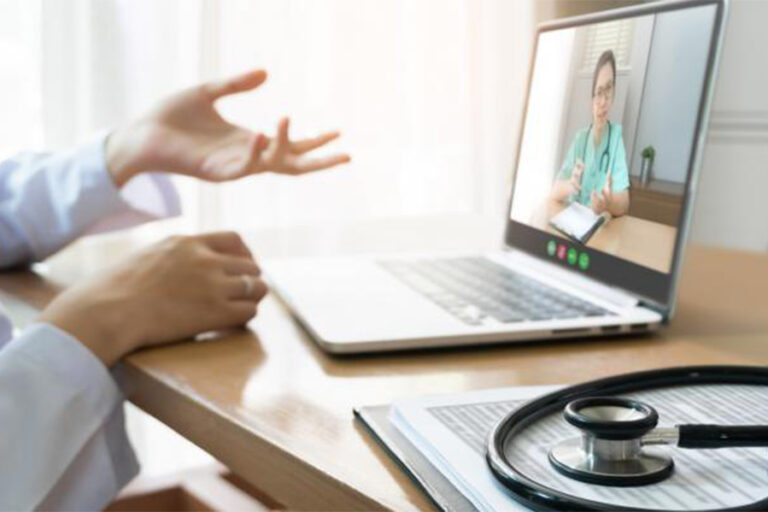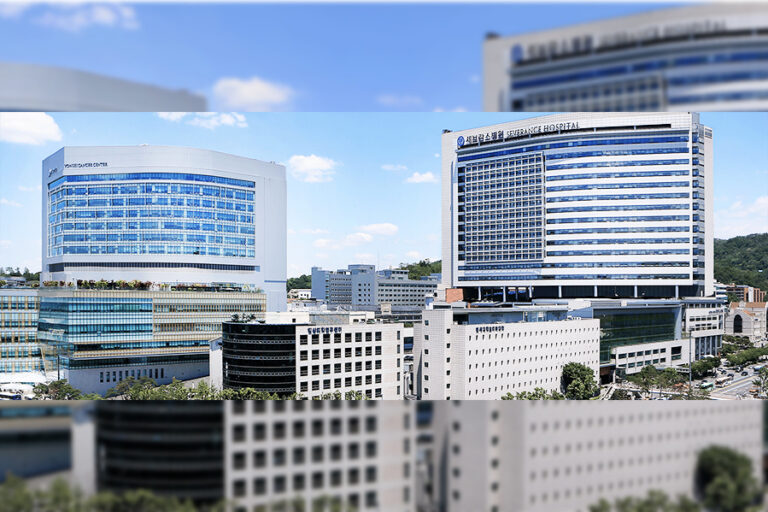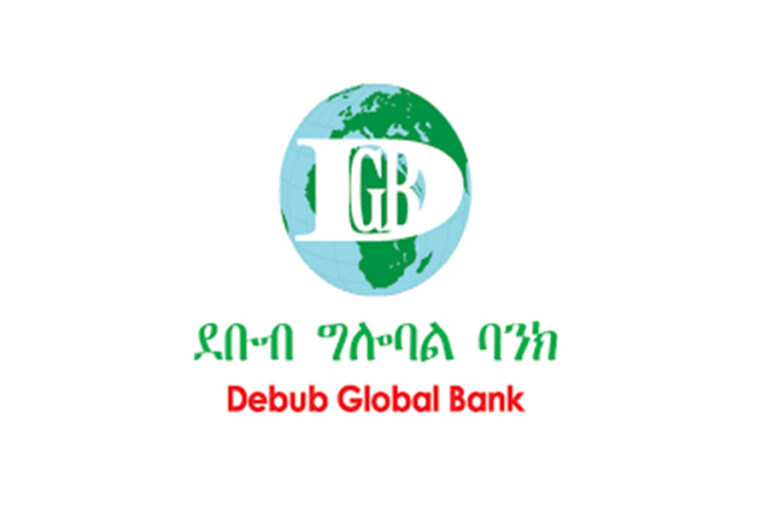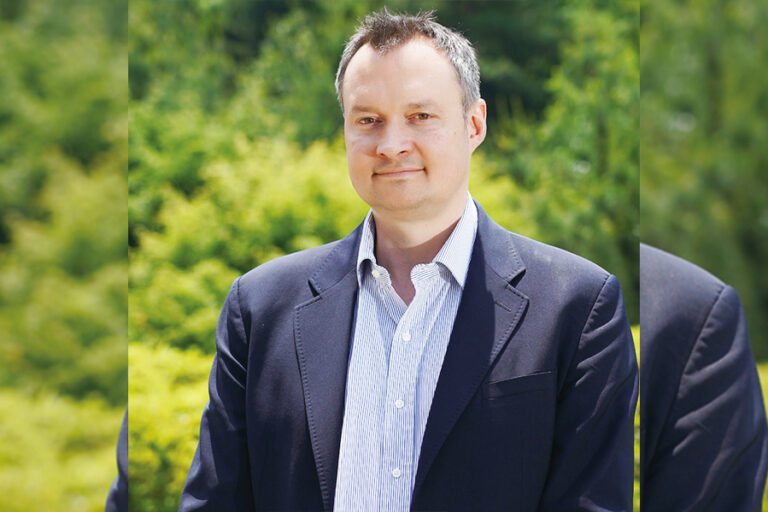The Bill and Melinda Gates Foundation, in partnership with the Soros Economic Development Fund (SEDF), announced the launch of Global Access Health (GAH), a social enterprise seeking to expand access to affordable, state-of-the-art medical technology in the Global South.
“The COVID-19 pandemic has painfully demonstrated the fundamental inequities in global public health, and in particular the crucial importance of access in low- and middle-income countries to low-price, high-quality life-saving diagnostic tools,” said Sean Hinton, SEDF CEO.
In a USD$41 million dollar deal, GAH has also bought Mologic Ltd, a developer of lateral flow and rapid diagnostic technologies, including testing for tropical diseases such as dengue, bilharzia, and river blindness, and tests for COVID-19. The company, previously for-profit, will now reinvest its profits into pursuing the goals of a social enterprise.
“Mologic’s transition into a social enterprise is a deliberate, logical and natural step for a company focused on delivering affordable diagnostics and biotechnology to places that have been left underserved by the relentless pursuit of profiteering,” said Mologic CEO Mark Davis. “We believe we have the people and skills required for the challenges and opportunities ahead.”
Sister non-profit Global Access Diagnostics (GAD) will also be wholly owned by GAH. GAD focuses on low-cost manufacturing of diagnostic tests, and licenses Mologic products in Africa and South Asia.
SEDF includes GAH as part of a portfolio of recent investments made by parent organization Open Society Foundations, the largest private funders of human rights and social justice advocacy groups. Open Society Foundations holds 35 investments currently, totaling USD$300m.
Mark Davis will continue to serve as CEO of Mologic and Paul Davis will continue as Chief Scientific Officer. GAD will continue as a separate entity under CEO Mark Radford.
Gates and Soros partner to launch Global Access Health
Shaping a flourishing Ethiopian household
Yonsei Global Health Center (YGHC), with funding and support from the Korea International Cooperation Agency (KOICA), will run a project called the Small, Happy and Prosperous Family in Ethiopia (SHaPE) project until December 2023.
The SHaPE project, also called the National Campaign for Promoting Knowledge, Attitude, and Behavioral Changes in Population and Reproductive Health in Ethiopia, aims to improve awareness of sexual reproductive health and gender equality in Ethiopia and contribute to decreasing the fertility and maternal mortality rate.
The project has funding of USD 1.7 million, and will run in Addis, Amhara, Dire Dawa, Oromia, Sidama, Somali, Tigray and Southern Nations, Nationalities, and Peoples’ Region (SNNPR).
According to Worldometers, the Ethiopian population has already surpassed 117 million people. More than 34.6 million people, or 29.6% of the population, are living below the poverty line and earning less than USD 1.25 per day.
Ethiopia also has some of the lowest gender equality performance indicators in sub-Saharan Africa. Women and girls are disadvantaged in literacy, health, livelihoods, and basic human rights, among other areas. They suffer low status in society and lack social support networks.
Women’s health is also poor, affected by poverty, poor nutrition, and restricted access to health care services due to financial constraints and cultural beliefs, according to the 2011 and 2016 Ethiopian Demographic and Health Survey (EDHS). That same survey found that more than 95% of respondents did not know where to go for contraceptive services and/or they had poor knowledge of or exposure to modern contraceptive methods.
Maternity can also be dangerous for both mother and child in Ethiopia, which was exacerbated by the pandemic. COVID-19 reduced the amount of clients presenting for family planning by 27%. Skilled deliveries decreased by 27.6% and postpartum family planning by 66.7%.
Debub Global Bank bank reels big results
By June 30, 2021, the paid up capital of Debub Global bank has jumped to 1.39 billion birr showing an increasing of 41 percent from the previous year/ June 2020/ with the total paid up capital stated at 986 million birr.
The bank has rocked its wealth to 11.67 billion birr, and when compared to the last year same period the number has shown 49 percent increment.
In terms of expanding access, in the just completed year, the bank has opened 29 branches to provide satisfactory service to its customers with the total number of Debub Global branches now reaching 112 across the regions alongside Addis Ababa.
During the year, Debub Global bank has mobilized a total of saving of over 8.5 billion birr showing 69 percent increase from last year same period. “Based on the trust they have in our bank and the hard work of our staff over the same period last year, this growth has been recorded,” acknowledged the bank in a statement.
In the completed fiscal year, the bank has secured 388 million birr before tax showing little increase from last year same period which was 376 million birr.
Commencing its operation on August 2012, Debub Global bank share company is one of the 17 private owned banks in Ethiopia established with a subscribed capital of 266.9 million birr and with paid up capital of birr 138.9 million birr.
Compared to the previous year investment and loan on profitable lending sectors of the bank, it has also grown by an 87% increase over the current fiscal year to 8.35 billion.
In the first few years of its existence, Debub Global Bank has achieved remarkable results in the banking sector with a measure of progress over the past year. Because the bank has managed to deliver customer focused services, it has got trust and acceptance which has resulted in outstanding performance in mobilization of saving, increasing its capital and so on. The Bank is one of the largest performing banks in the last five years to which the total asset of the bank has increased by 58.5 percent while the deposit of the bank increased by showing 42 percent of increase on its paid-up capital. Moreover, 82 percent growth on loans and advances and 97 percent growth in its average profit, has been attained.
Tackling Africa’s vaccine access through research
The Coalition for Epidemic Preparedness Innovations (CEPI) and the International Vaccine Institute (IVI) announced a new clinical research program seeking to expand COVID-19 vaccine access in Africa Tuesday, July 20.
Led by IVI, the Expanding Access and Delivery of COVID-19 Vaccines in Africa (ECOVA) consortium will conduct clinical trials of Sinopham’s BBIBP-CorV vaccine in hopes to expand its use in Africa. CEPI will provide up to USD$12.7 million in funding to ECOVA as funding for these trials.
“To end the pandemic as quickly as possible, it is vital to evaluate vaccines in a variety of populations and contexts, and to ensure safe and effective vaccines are available to countries everywhere,” said Dr. Florian Marks, Deputy Director General of Epidemiology, Public Health and Impact at IVI.
ECOVA will hold two clinical trials in Beira and Maputo, Mozambique, led by Mozambique’s Instituto Nacional de Saúde (INS) and IVI. The first interim results from the trials are expected by the end of 2021.
The trials will evaluate the effect of BBIBP-CorV against new strains of the virus, including the Beta and Delta variants, vaccination strategies using two doses, and the use of COVID-19 vaccines on HIV-positive individuals.
“The ECOVA project will be of great importance to Mozambique, further developing the country’s clinical trial capacity that has been established in the past decade,” said Dr. Sónia Enosse, Director of Research on Health and Wellbeing at INS.
African countries have experienced a severe shortage of COVID-19 vaccines, with people living in Africa being only 1.6% of the vaccinated population worldwide. The African nation with the greatest percentage of vaccinated citizens, Morocco, has 30% of the total population receiving at least one dose according to Our World in Data. The majority of African nations are not close to this number, with the second highest percentage at 7% for a number of countries and a majority between 6% and below 1%.
ECOVA is led by IVI, INS, the International Centre for Diarrhoel Disease Research in Bangladesh, the University of Heidelberg in Germany, Harvard University in the U.S., and the University of Antananarivo in Madagascar.






